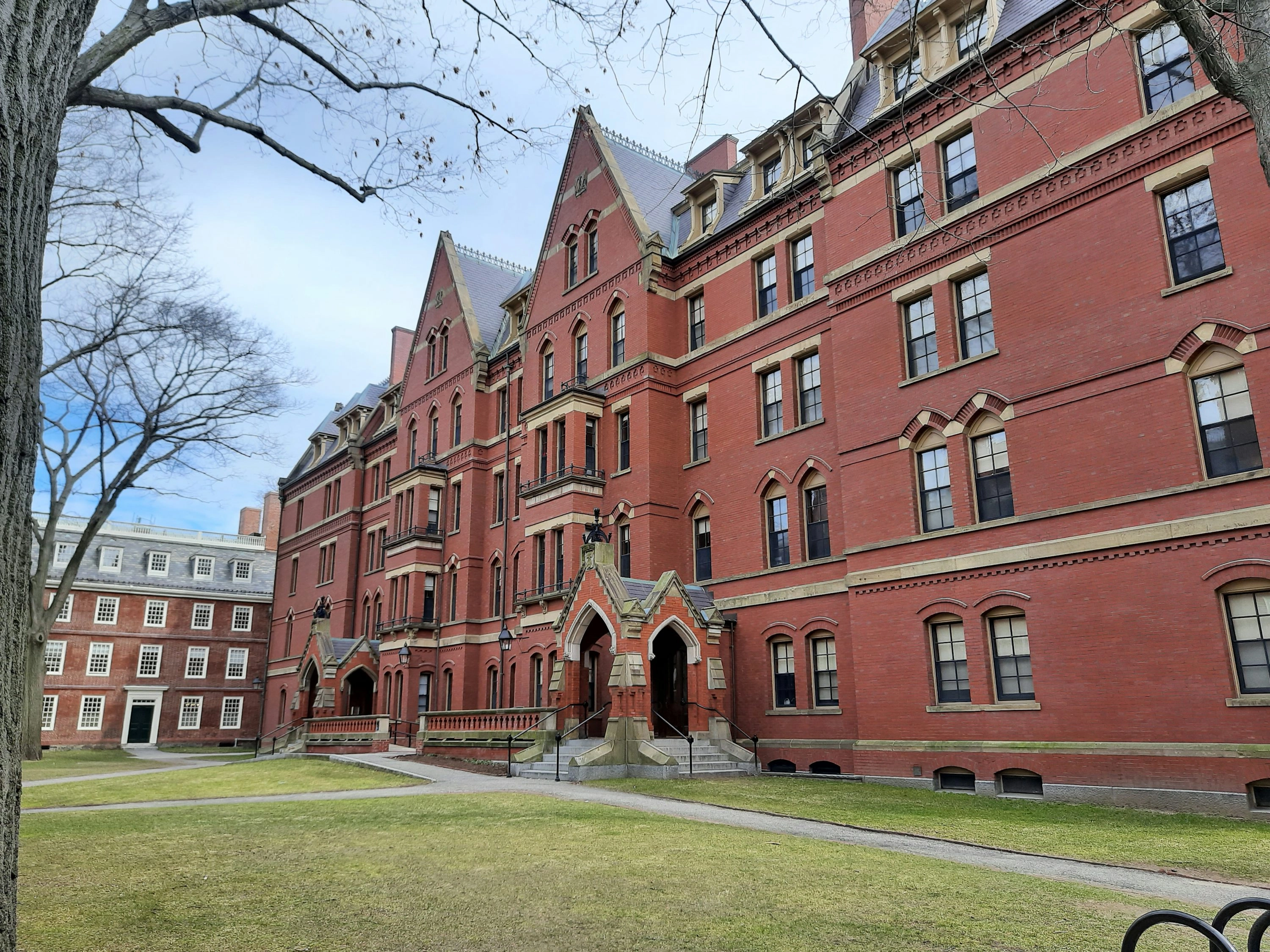A recent ruling by a U.S. court has reversed former President Donald Trump’s decision to cut billions of dollars in federal funding to Harvard University. This decision has significant implications for the institution, which has long been a prominent beneficiary of federal financial aid programs. The court’s reversal is rooted in the argument that the cuts were politically motivated and not based on sound legal principles. The funding in question is critical for maintaining the university’s operations, supporting its research initiatives, and providing financial aid to students.
Trump’s administration had sought to penalize Harvard in response to its policies on admissions and its stance on certain social issues. Critics argued that these cuts were an attempt to weaponize federal funding against institutions that do not align with the administration’s ideology. The court’s ruling underscores the importance of maintaining a fair and impartial system of federal funding, particularly in higher education, where diverse viewpoints are essential for fostering intellectual growth and innovation.
The implications of this ruling extend beyond Harvard itself. It sets a precedent for how federal funding can be allocated and challenged in the face of perceived political motivations. Universities across the country may feel more secure in their funding sources, knowing that they have legal recourse against any attempts to manipulate funding based on political disagreements. Moreover, this decision may encourage other institutions to advocate for their rights in securing federal support, ultimately fostering a more equitable educational landscape.
In essence, the court’s reversal not only reinstates crucial funding for Harvard but also reaffirms the principle that federal assistance should be based on criteria that prioritize educational merit rather than political agendas. As educational institutions continue to navigate the complexities of federal funding, this ruling serves as a reminder of the importance of preserving academic freedom and ensuring that universities can operate without undue political interference. The implications of this case will likely resonate throughout the higher education sector for years to come, shaping the relationship between federal authorities and academic institutions.




